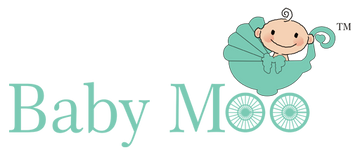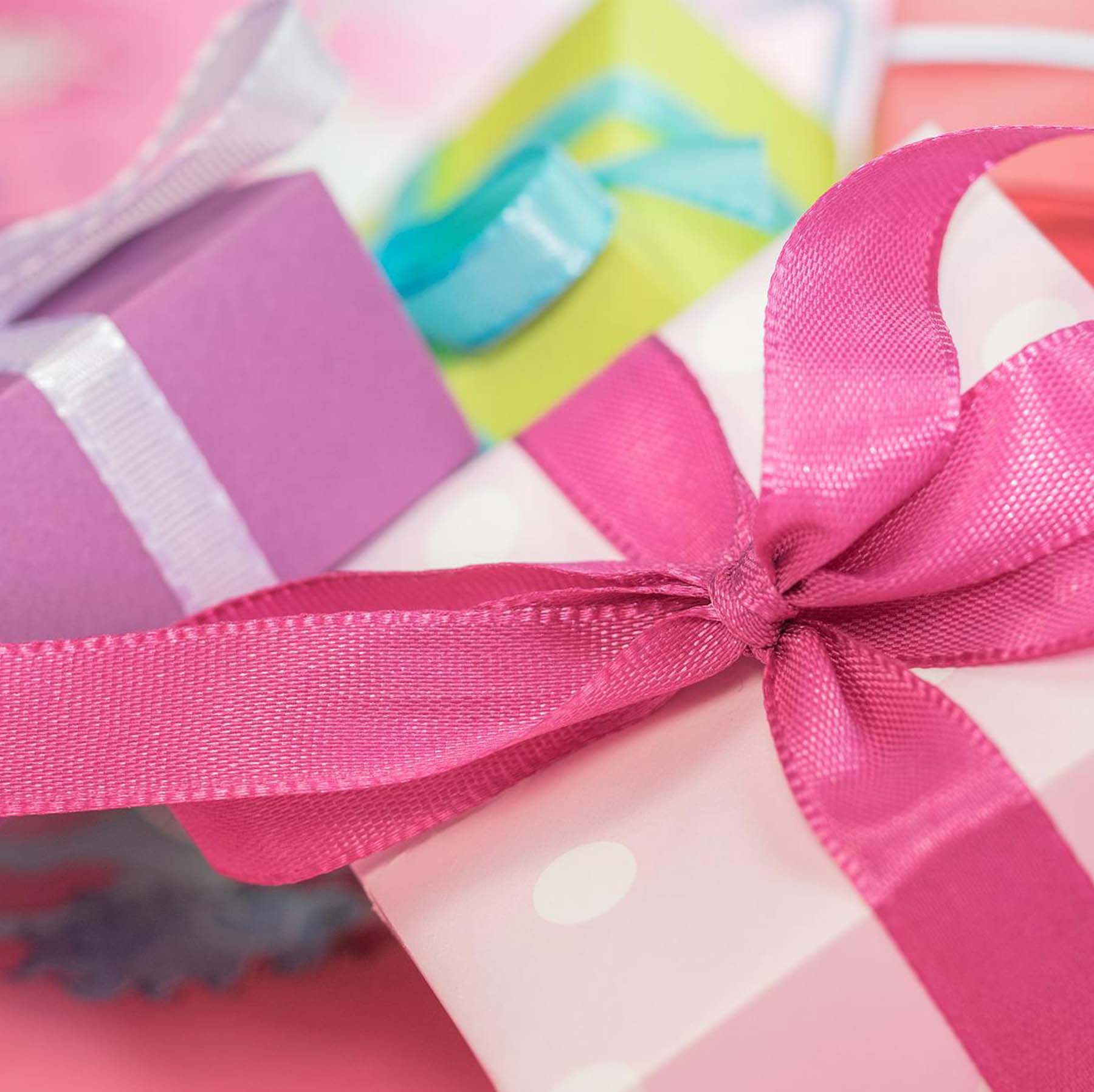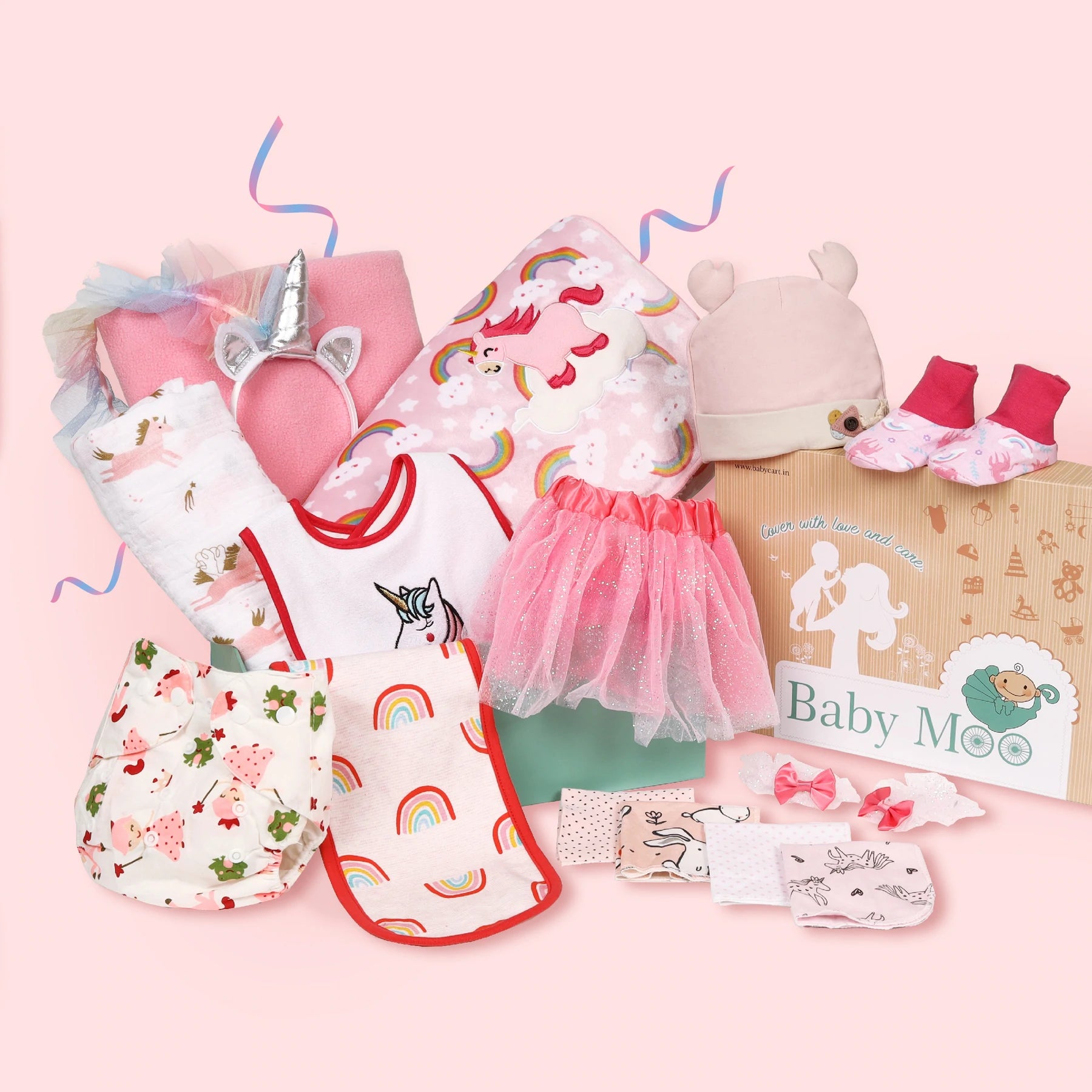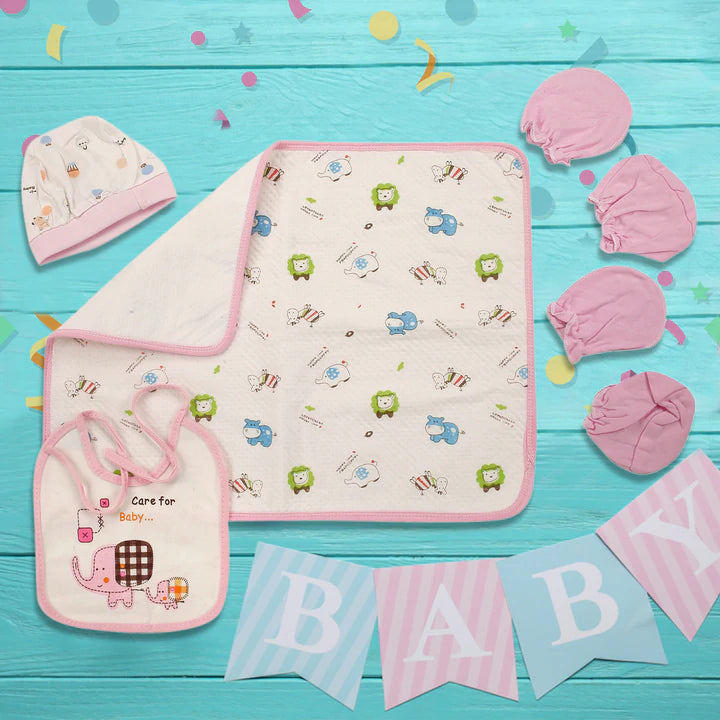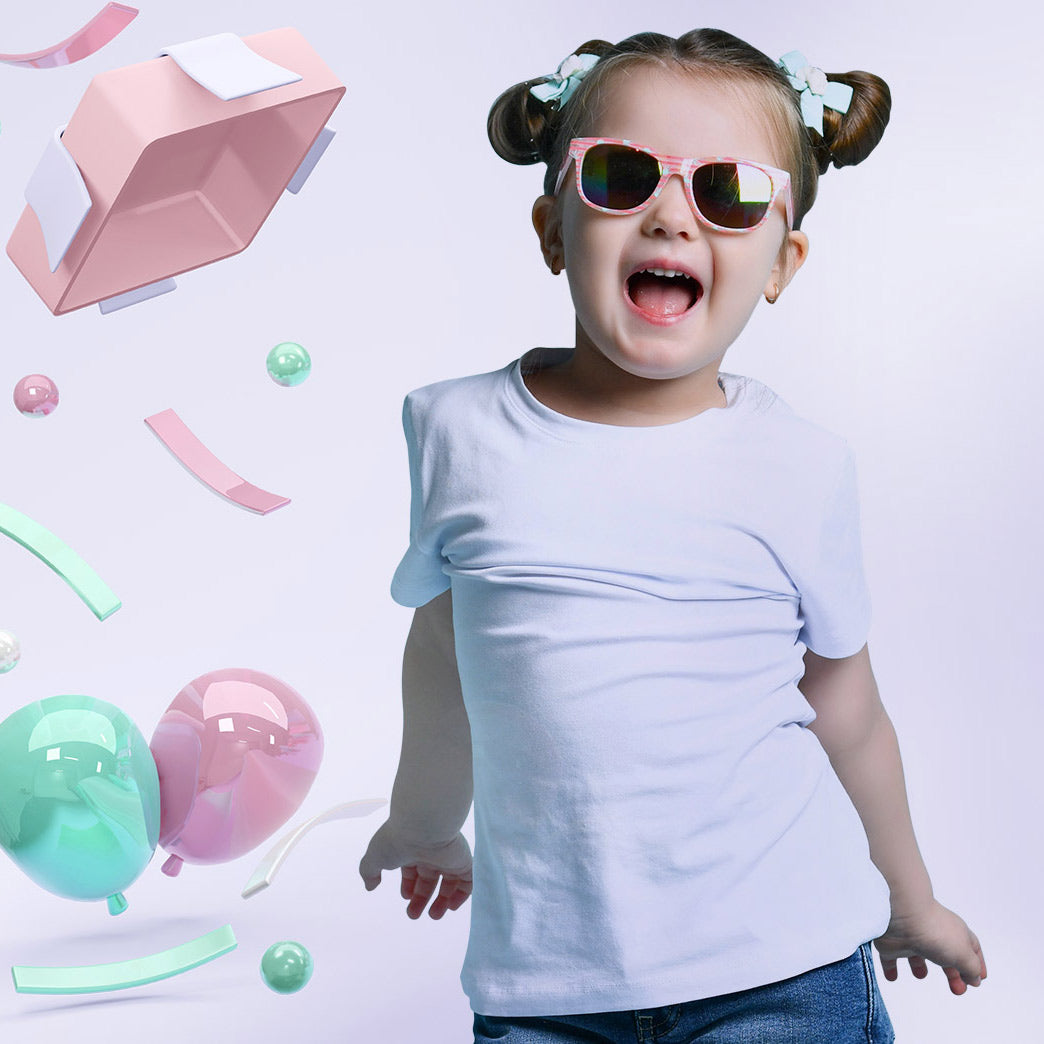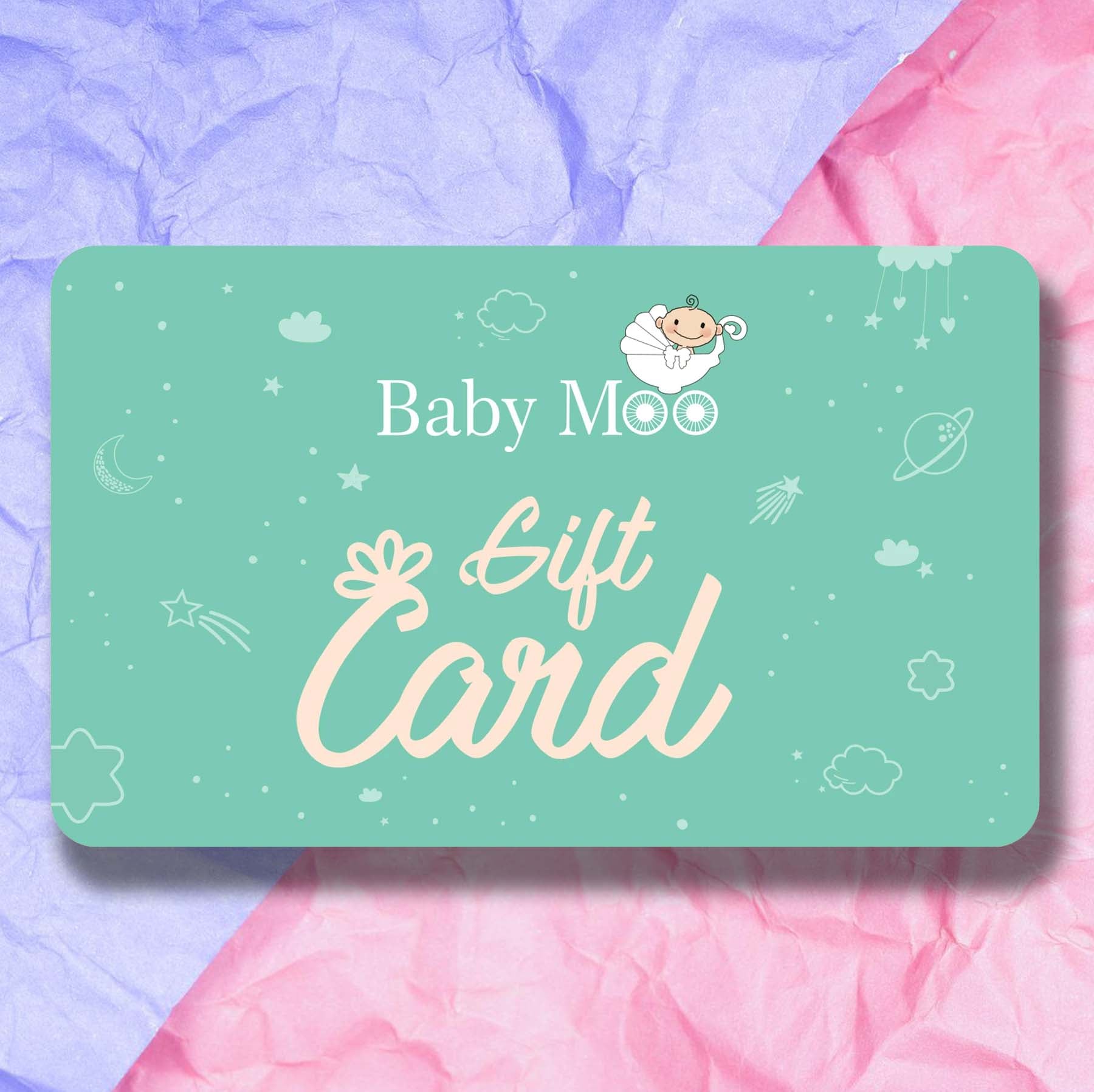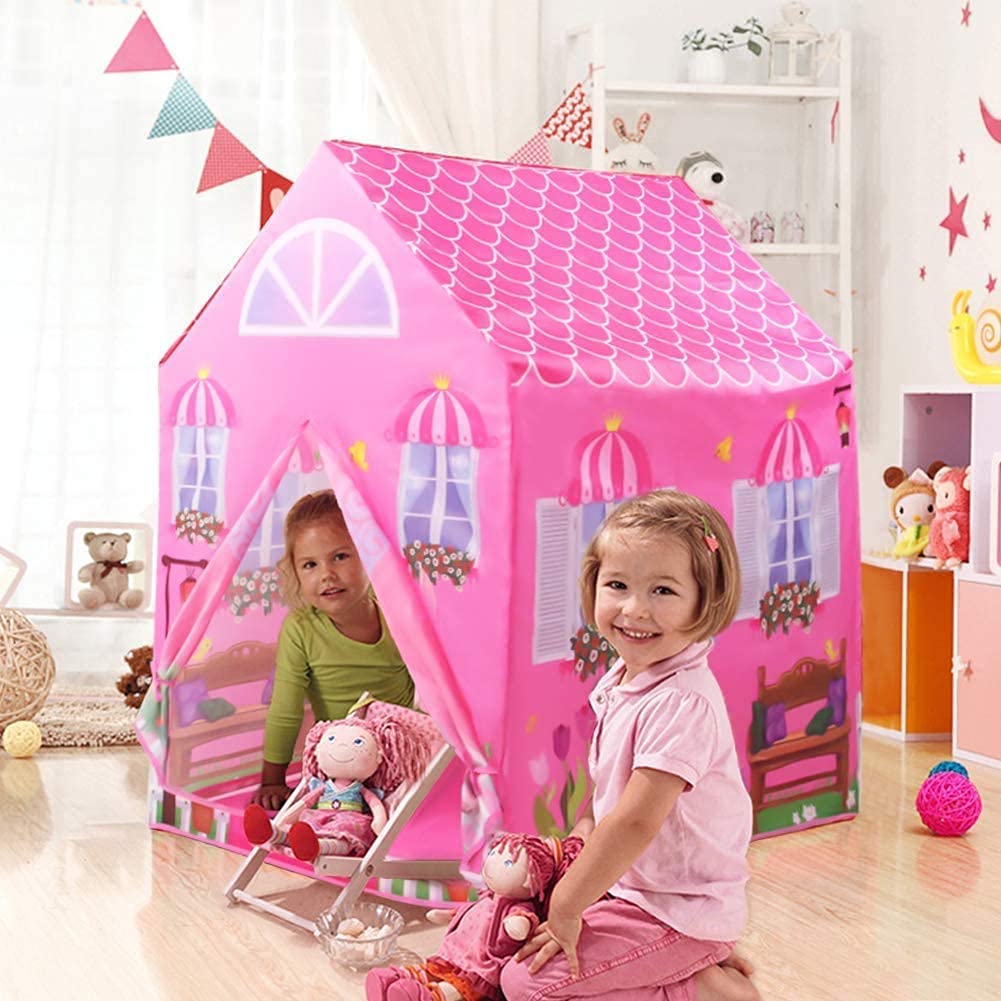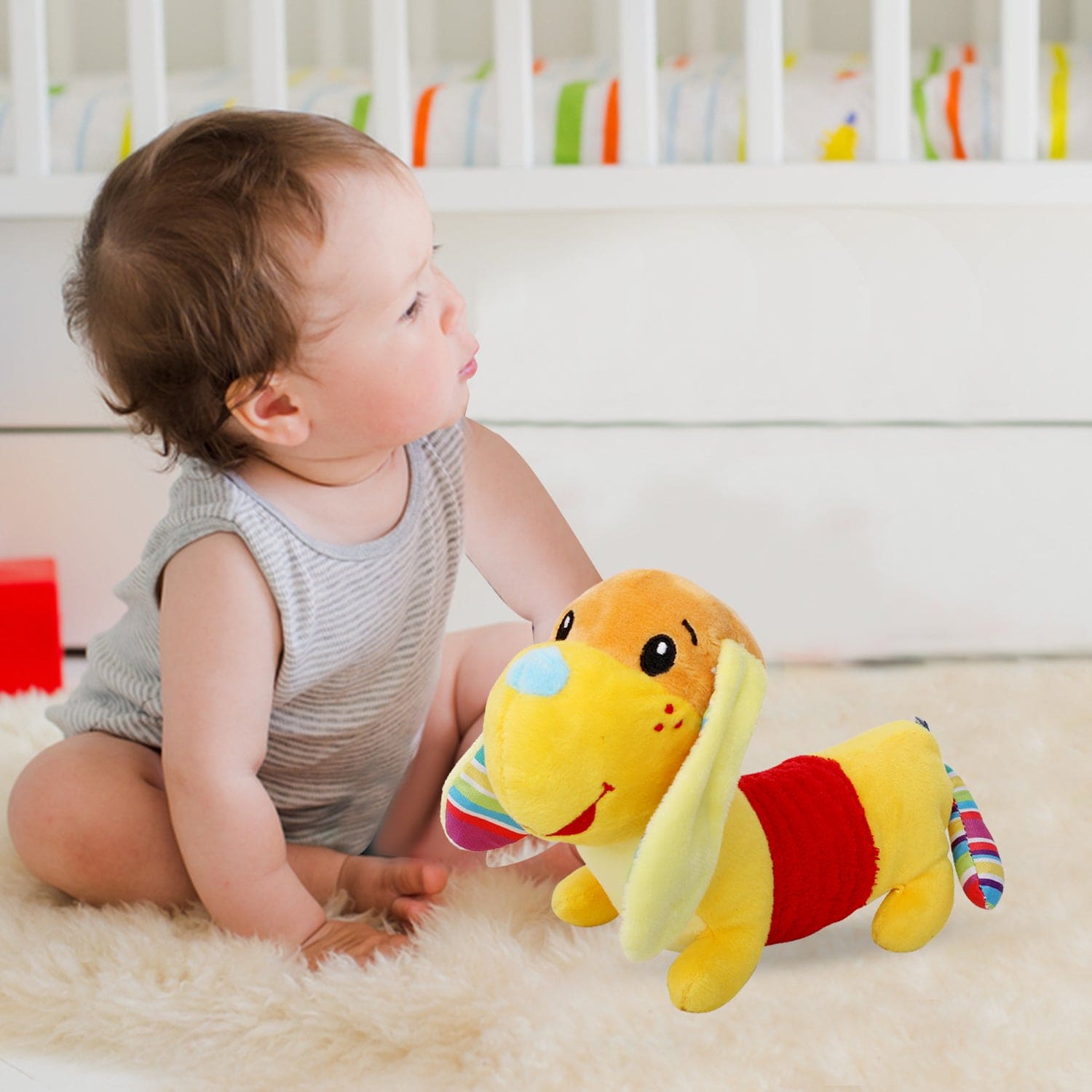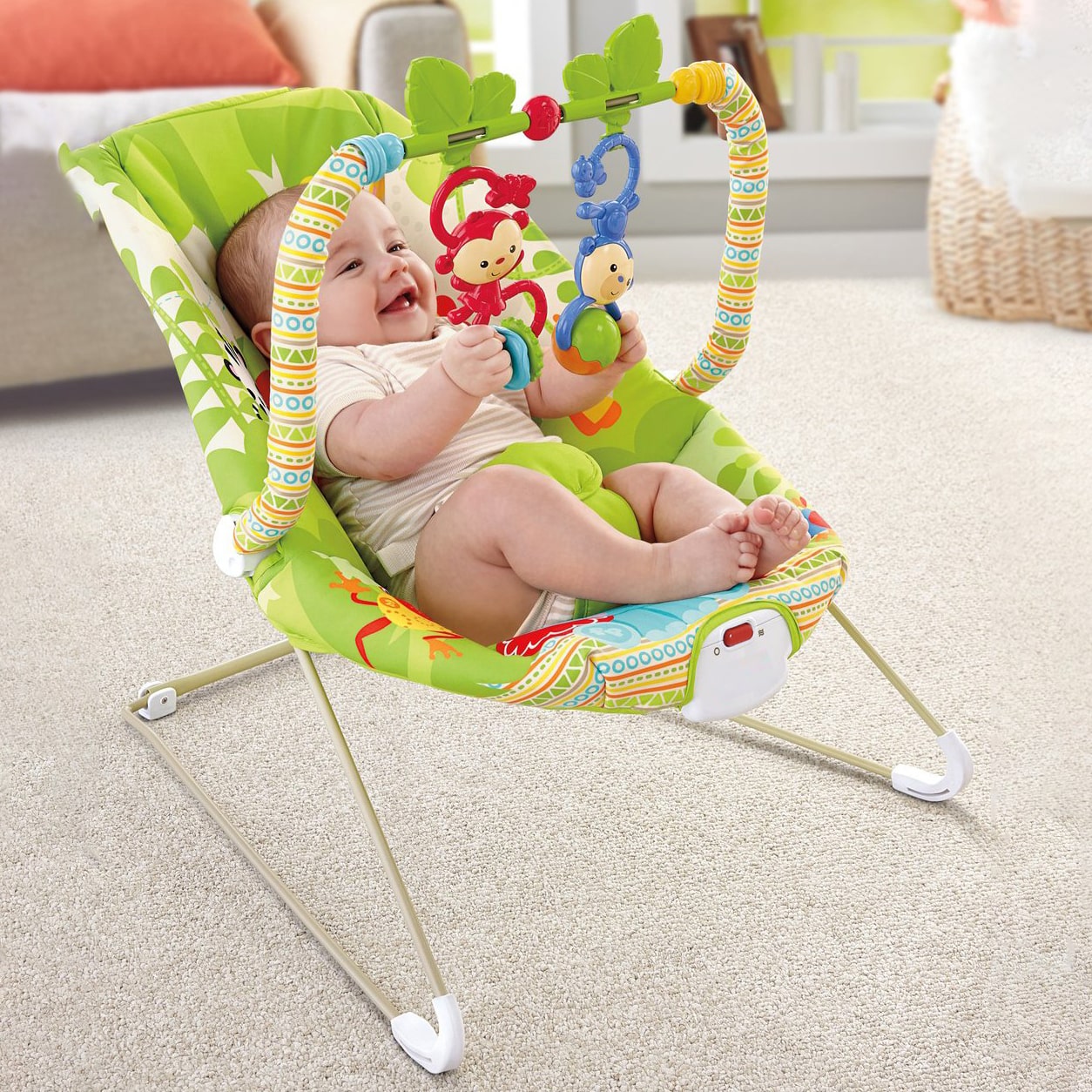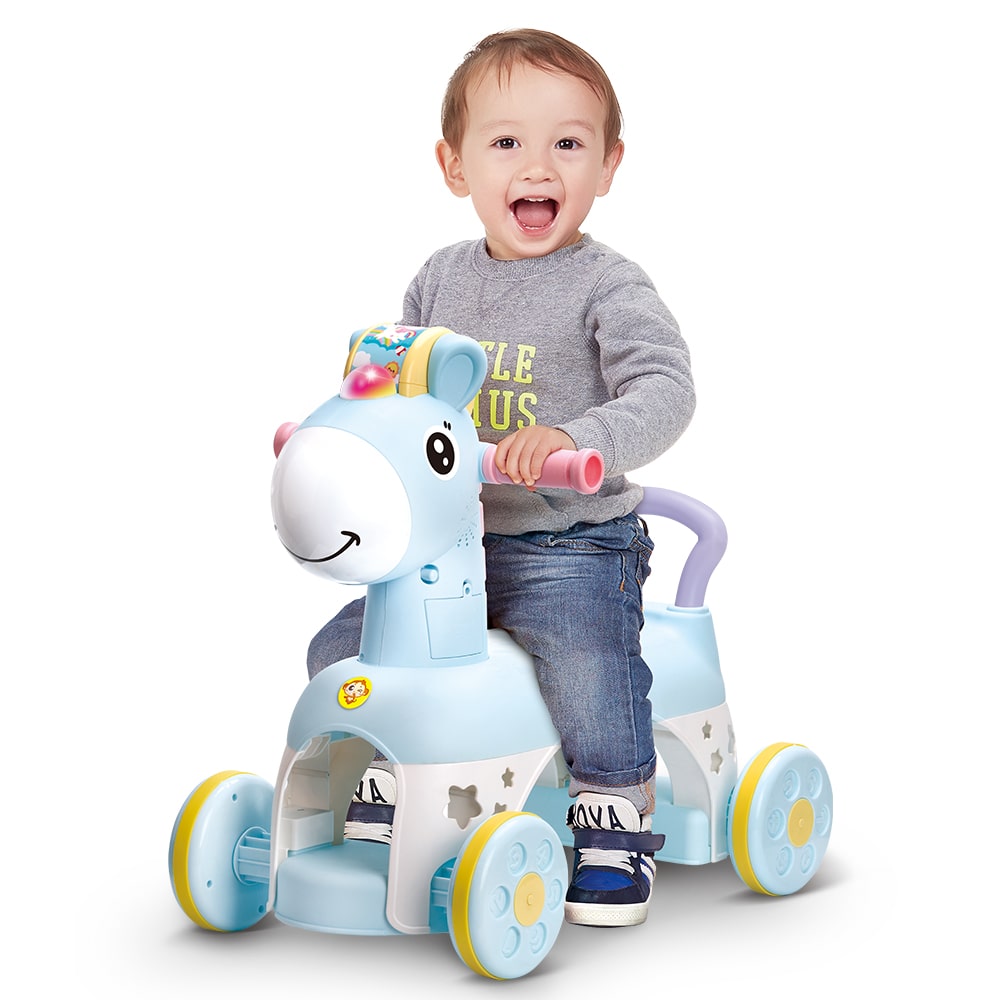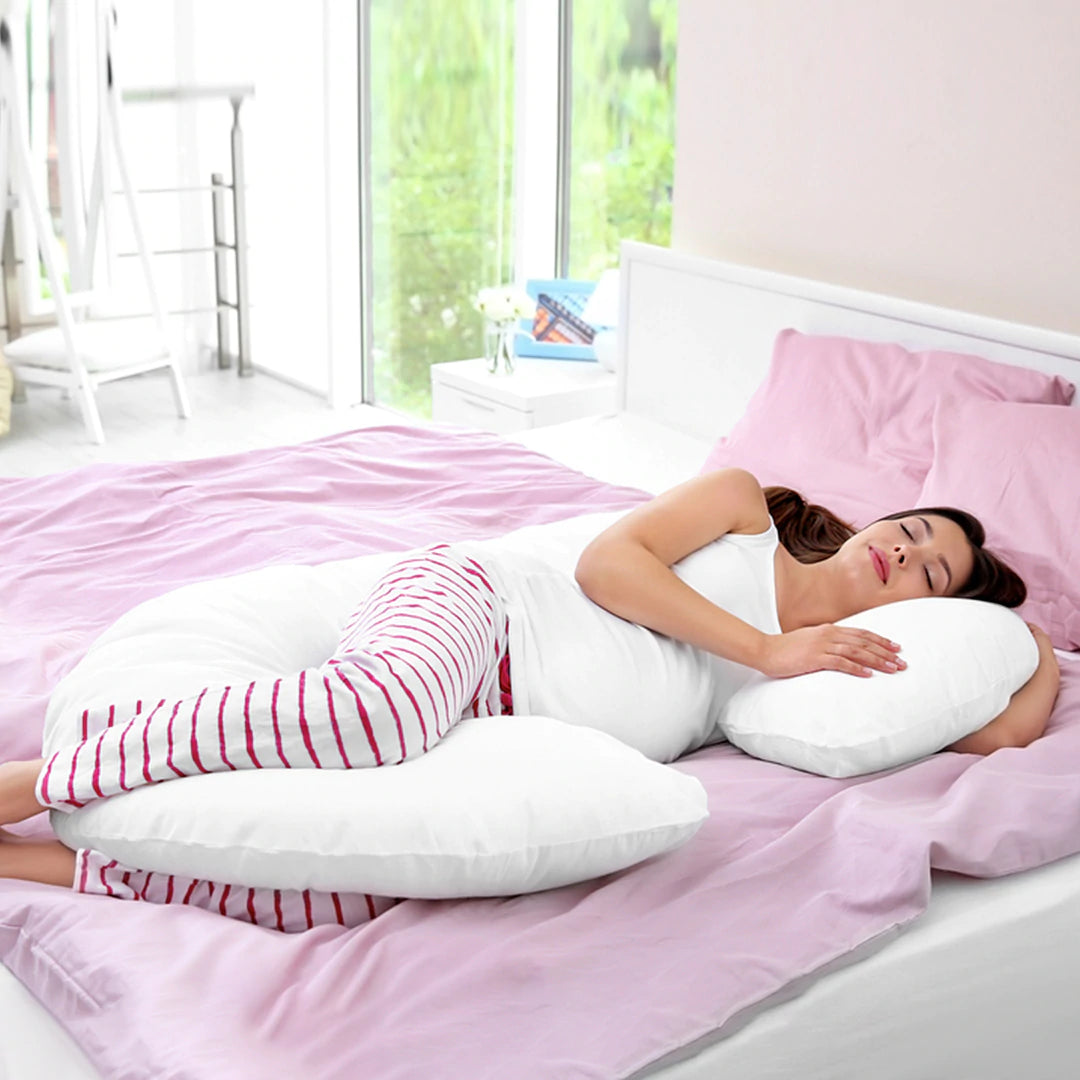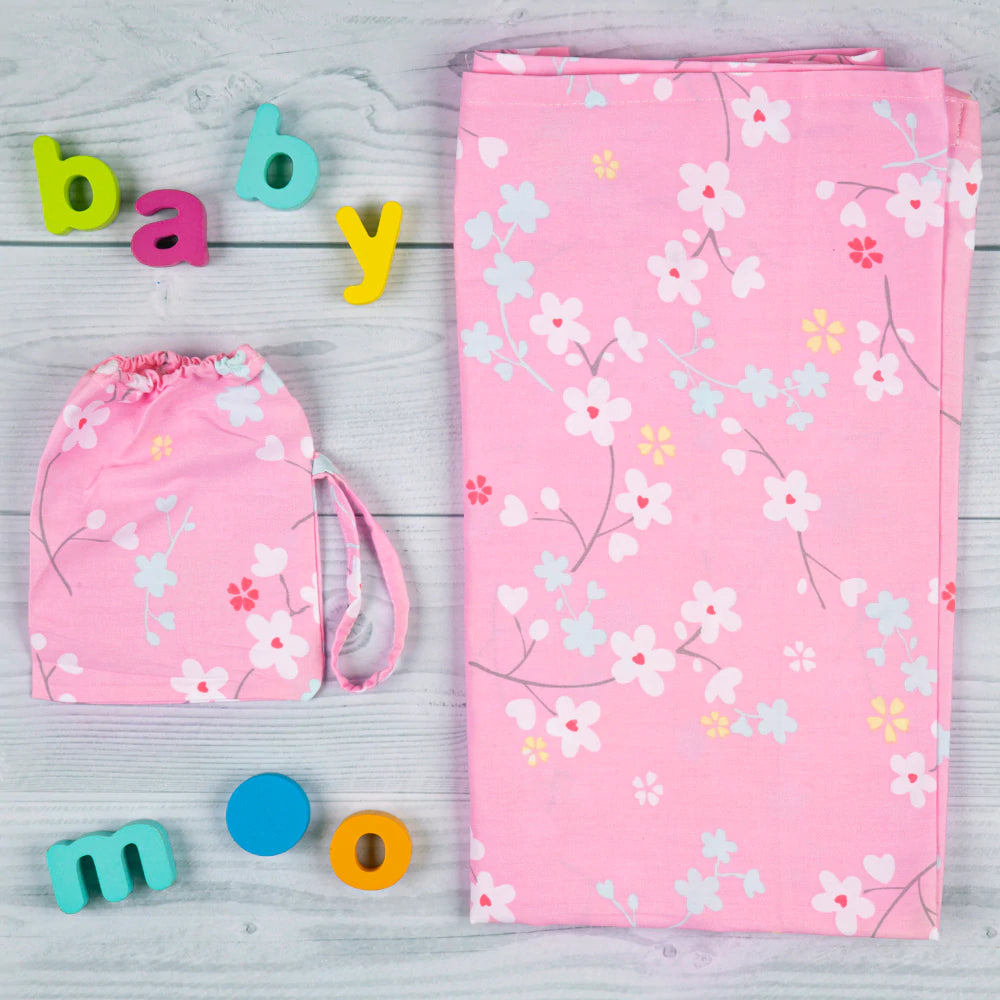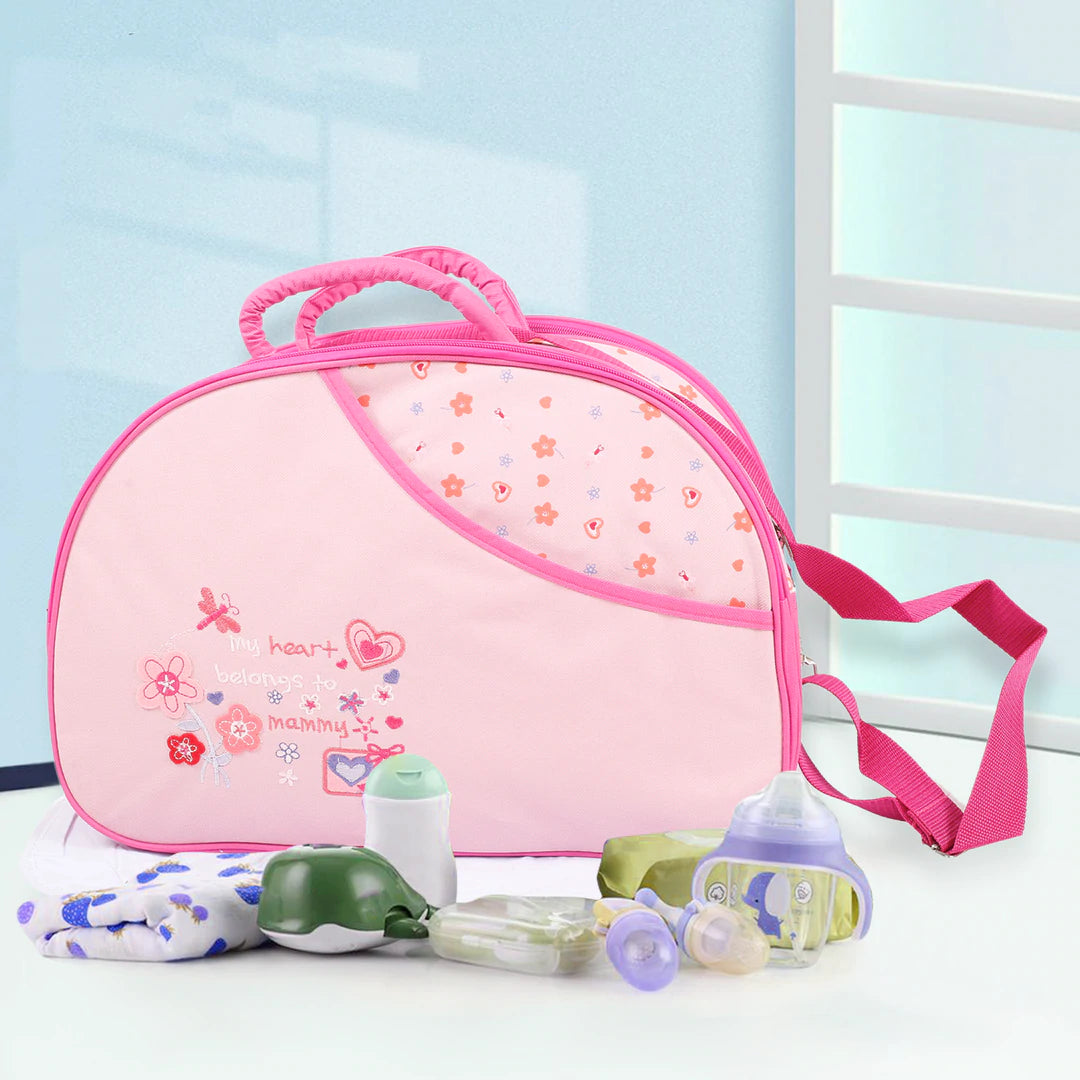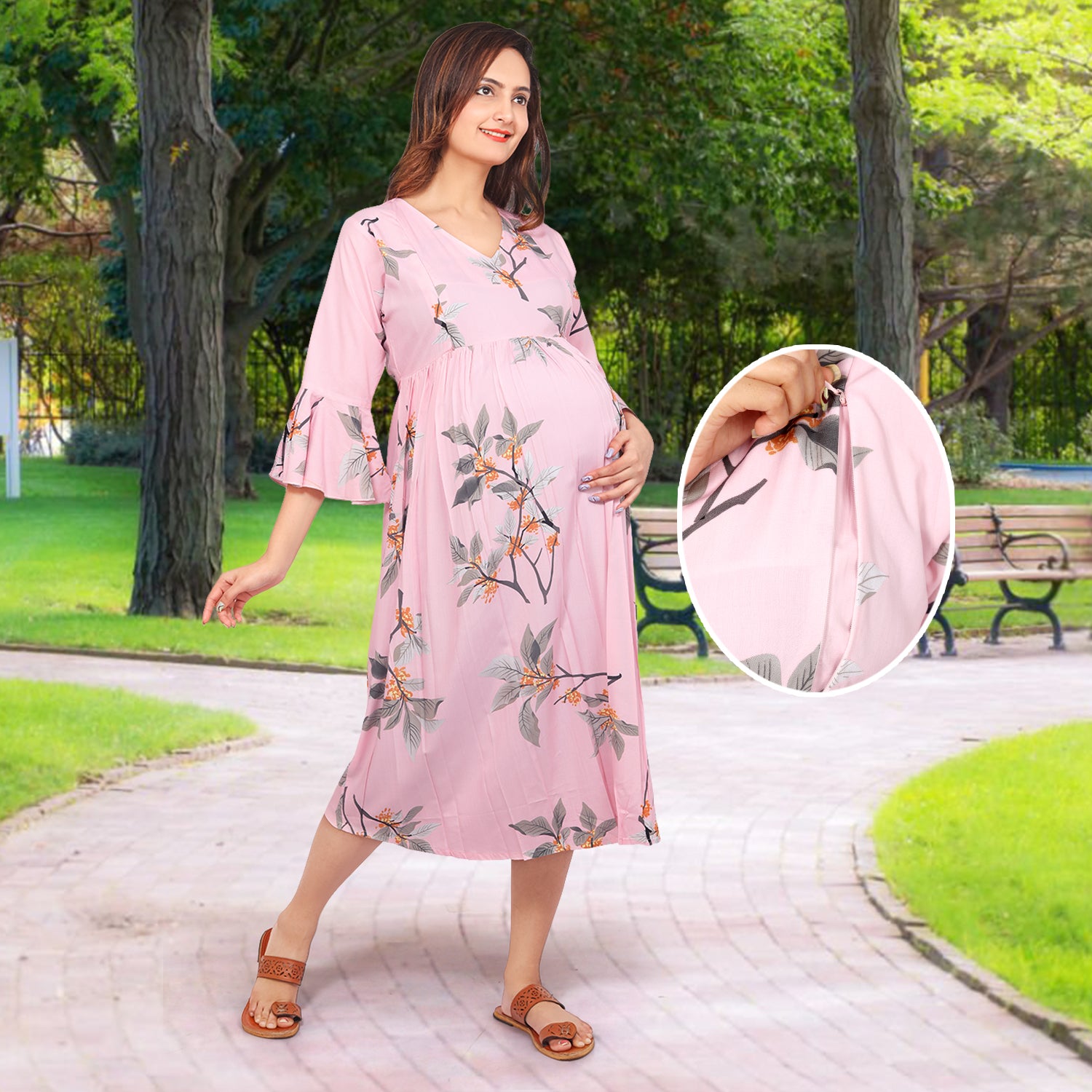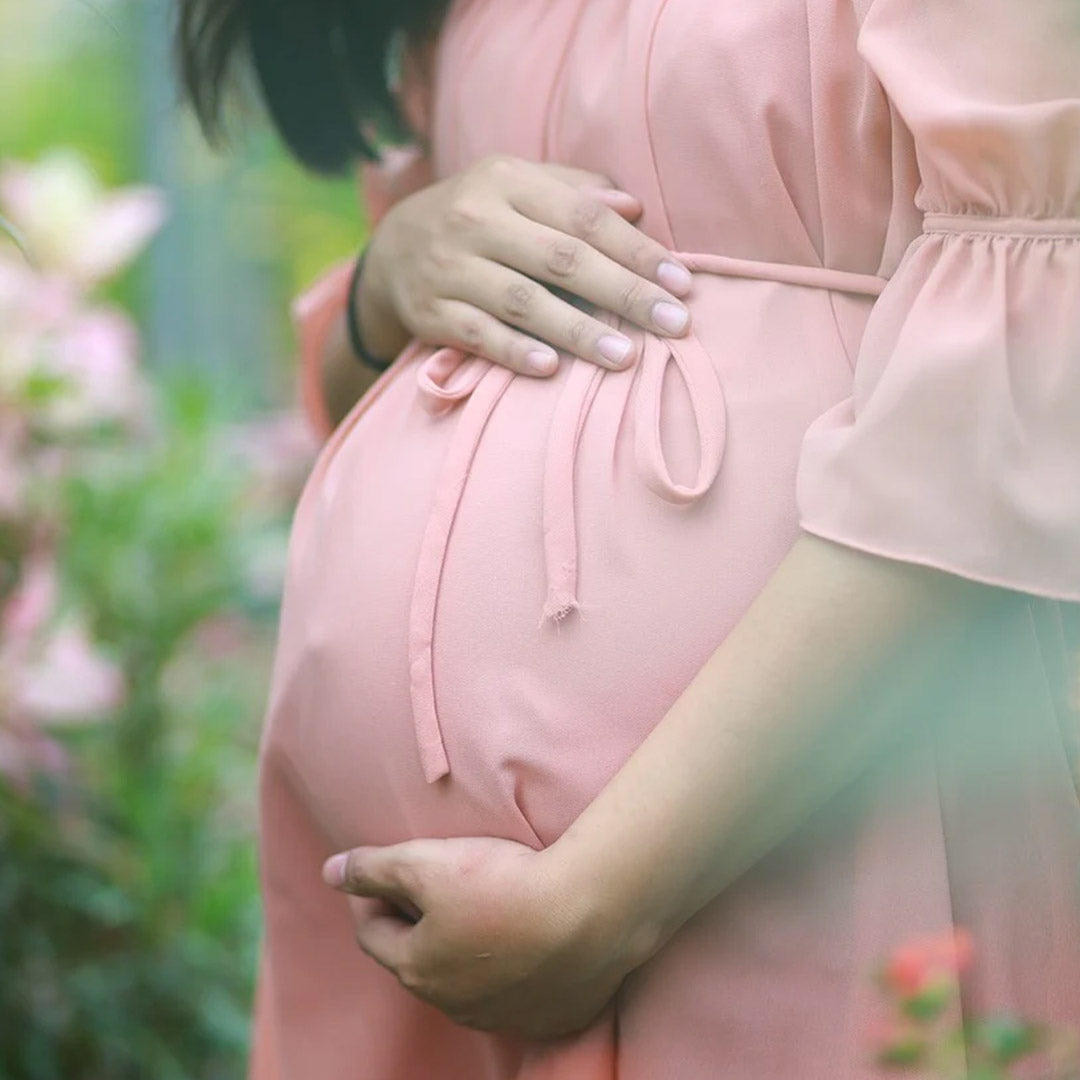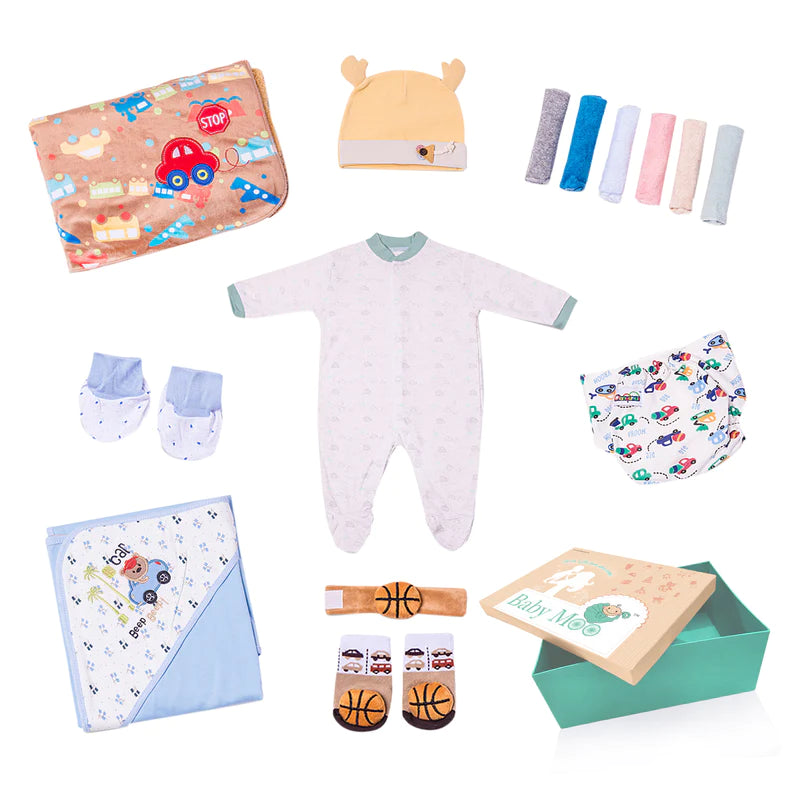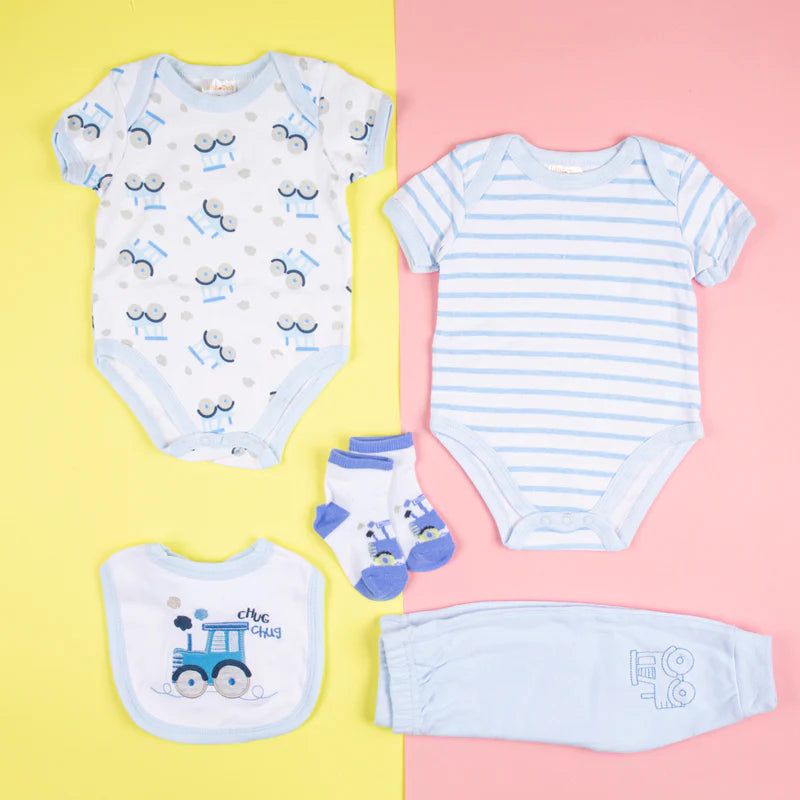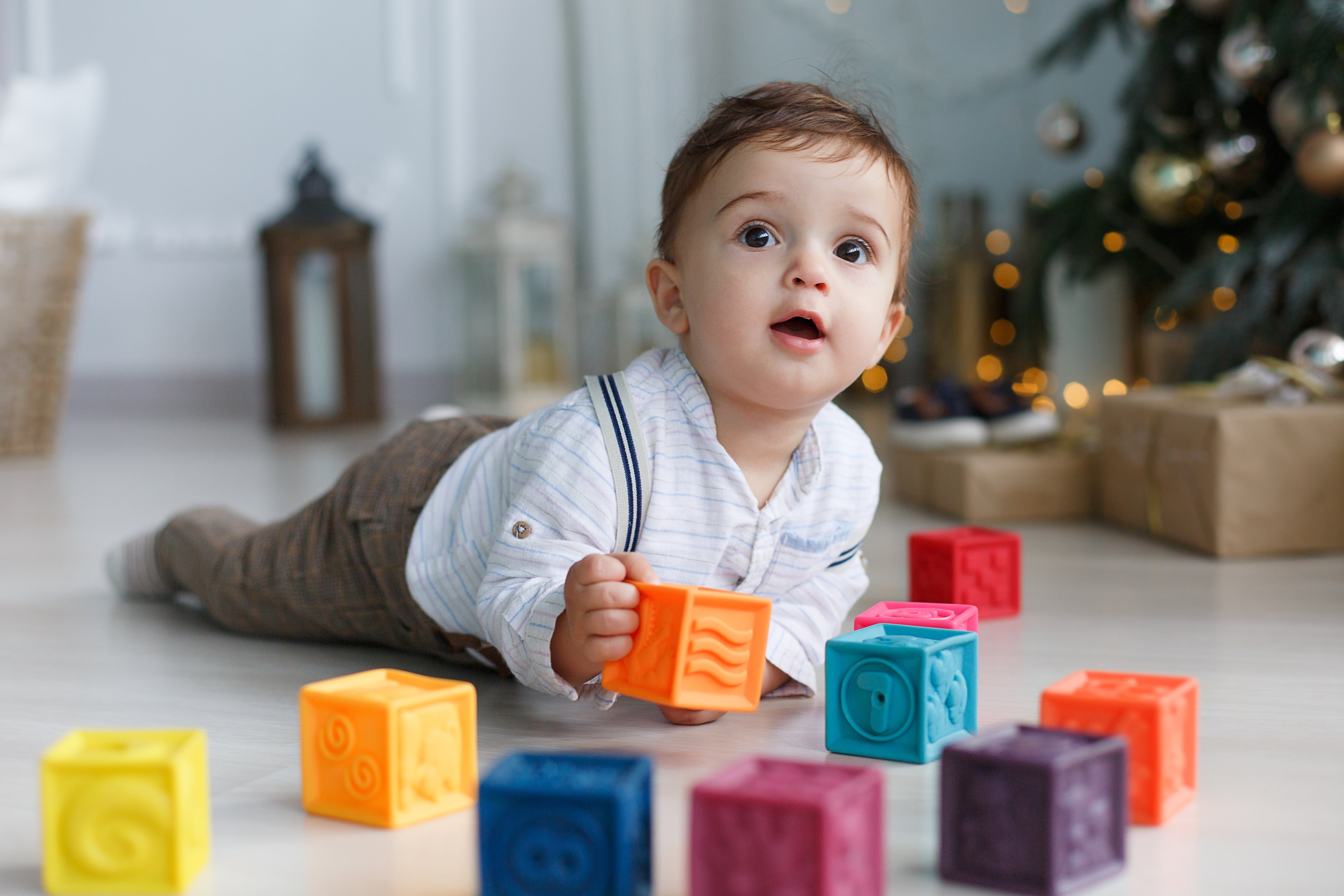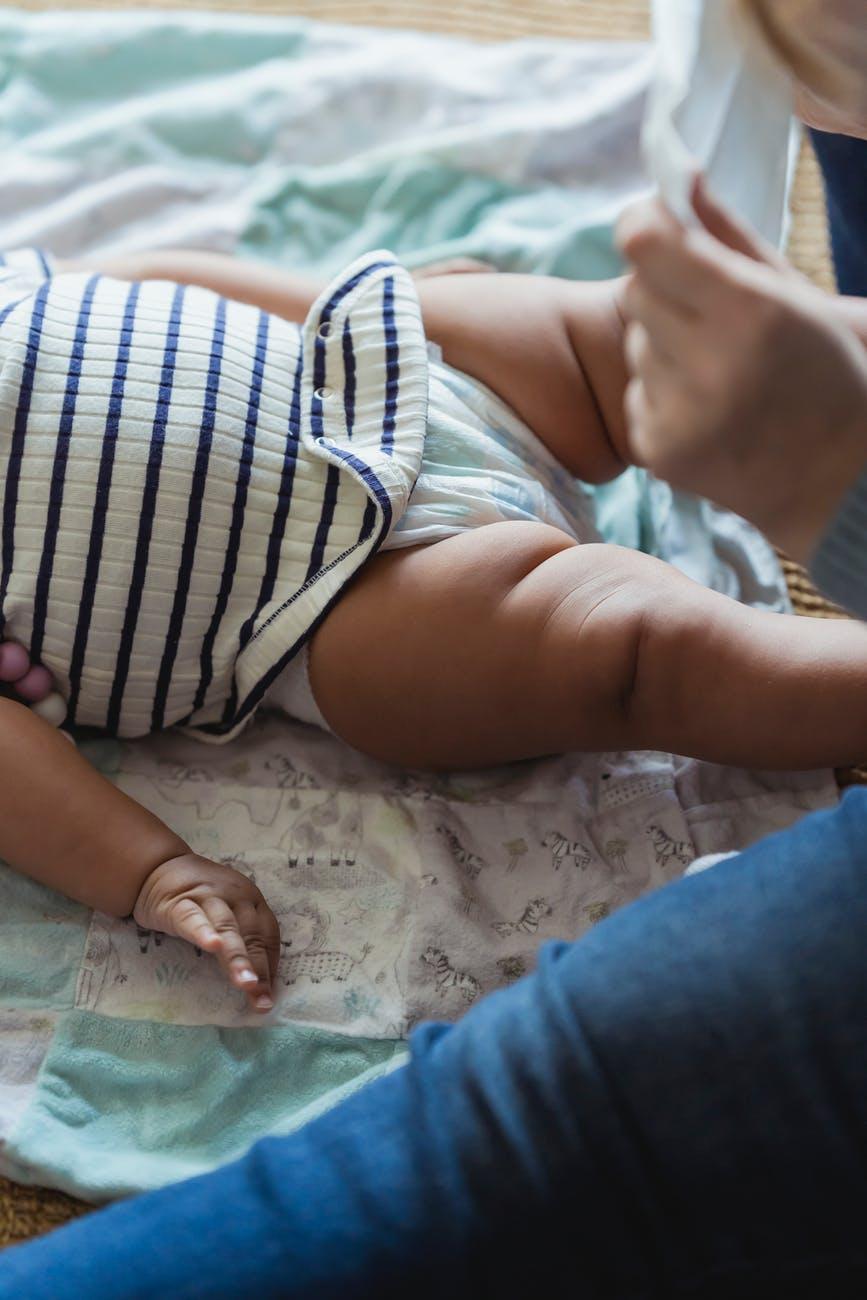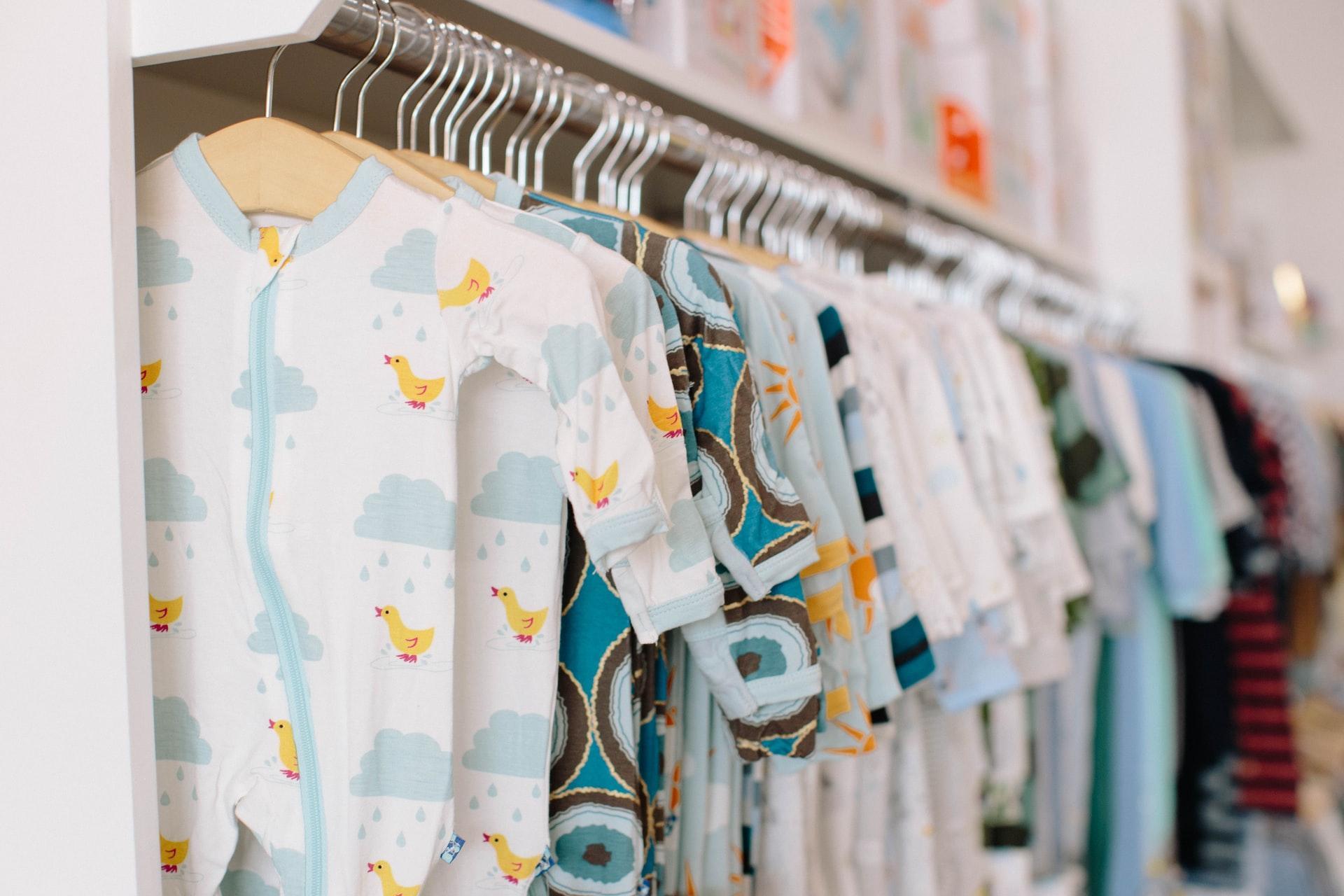We all want the best for our children. When you first get to be a parent, though, there is just so much information to sort through and changes to improve that it can be perplexing and stressful.
Back to Basics once again !!! You know what, have you realized how soft the skin of your baby is ? Should we not do something for it to remain the same. We have heard it from our Grandma's and Mom’s that a Mulmul or a cotton is best to be used to wrap your child’s bottom, but still somehow with the trend we keep our babies tied up in a Diaper.
Let's switch to something which you too wore as a baby, this is called Langot did the name ring a bell. Best part is now the Langot comes with a liner as well, so that there is not much stress of leakage. If you are too worried about your mattress and bedsheet, a dry sheet always comes handy. So, to keep your baby away from skin irritation and to avoid putting baby creams which have chemicals in it, switch to Langot.
In India, we're all taught to utilize the traditional langot to diaper up a newborn. A langot is a tiny triangular cotton fabric used as a newborn’s diaper in India. The issue with this conventional method of diapering a child is that it might hold pee, but it also leaks readily, and it quickly becomes stressful for the new parent during the newborn period with many diaper changes.

Do you want to know if the advantages of cloth diapering outweigh the disadvantages of using disposable diapers? Here are a few reasons to get cloth diapers/langots for your babies:
Skin-Friendly For Babies:
The most crucial advantage of using cloth diapers for babies is that they are made of skin-friendly materials. Diapers include hazardous substances such as dioxins, sodium polyacrylates, chlorine, dyes, and scents.
There are no modern clinical studies that show disposable diapers cause health issues. Even yet, the risk cannot be ruled out. Many toxic compounds have been discovered in disposable diapers that are far over the acceptable safe levels.
Cloth diapering decreases exposure to harmful toxins while also allowing for breathability. Nothing but a soft cotton material comes into contact with your baby's skin when using cloth diapers.

Eco-Friendly:
Cloth diapers are a more eco - friendly alternative to disposable nappies. An average disposable diaper is believed to take up to 500 years to disintegrate. You may lessen your contributions to landfills as well as your baby's carbon footprint.
Saves Money:
Consider investing in a cloth diapering system. A typical cloth diaper costs around Rs 600. You will need approximately 30 cloth diapers for a baby from birth to 2 years. When opposed to just using disposable diapers for the full term, this is a measly Rs 18,000.
These diapers are super affordable and also easy to clean, making it a better way to help your baby stay clean till they’re potty-trained.
Reduces The Occurrence Of Rashes
Less toxic chemicals, such as those found in disposable diapers, can help reduce diaper rashes. Cloth diapers are made of permeable materials, allowing the skin around the genital region to be rash-free.
Furthermore, because newborns are more aware of moisture in a cloth diaper, moms decide to change cloth nappies more frequently than disposable diapers, which may be another explanation why rashes with cloth nappies are uncommon.
Different Styles:
There is a wide range of cloth diaper styles to pick from, including flats, prefolds, covers, pocket style diapers, and all in ones.
READ ALSO OUR NEW UPDATES
- Which Newborn Baby Products Should Top Your Shopping List?
- Things to Keep in Mind Before Buying Baby Toys
- How To Buy The Best Muslin Swaddles For Your Little One?
- 5 Essential Baby Care Products a New Mom Must Have!
- How Can You Make Single Parenting Great?
